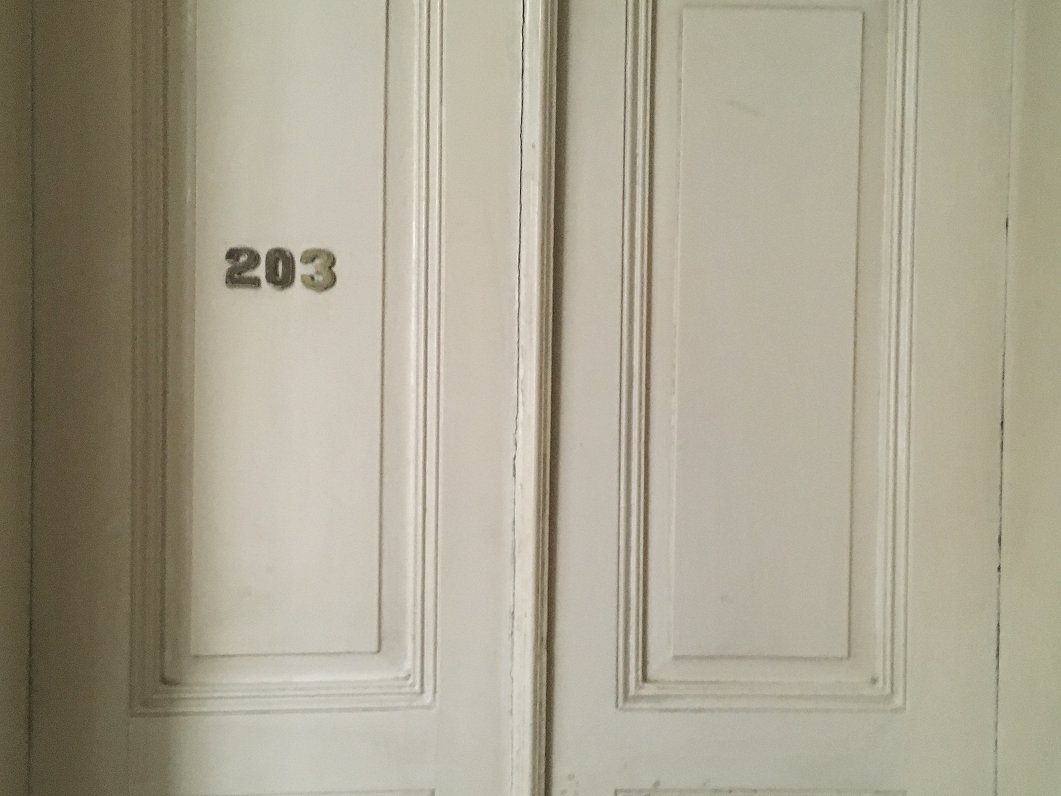Free people, in free countries, are free to dream about travelling after the coronavirus pandemic. I’d like it very much if everything remained just as beautiful as before and happened immediately, or at least, this summer, but I think change is inevitable and necessary. Furthermore, it’s up to us whether we lead the development and implementation of these changes or whether we simply react to mandatory enforcement orders from public authorities.
This is our opportunity to make the improvements that should have been made a long time ago. Let’s invest in reducing the risk of a variety of infections as well as in creating a sense of emotional security for travellers. Let's also discuss more complex solutions that harsh reality may bring - at least until the vaccine appears.
Every stage and component of travel will be affected. From the smallest and simplest elements to huge changes in our travelling paradigms.
To begin with, there are things that don’t require EU regulation, just the common sense of professionals and a desire to be better service. For accommodation providers, the introduction of contactless card payment options should certainly put an end to the pointless practice of filling out paper registration forms and copying passports. Everything can be done electronically before arrival at the hotel. No paper vouchers, no contact - fast, polite and simple. Hello, my name is Kušķis, my reservation number is 1234 - thanks for the keys!
Electronic or physical keys are disinfected after each guest. A digital QR code to open a door may not be as warm and personal as I would like, but it’s clean and safe.
Healthy changes in hotel room design, should see the end of long-unwashed bedspreads and dozens of coloured pillows. New protocols of room cleanliness will bring in the disinfection of each guest's TV consoles and other surfaces, and we’ll call it hospital-level hygiene. The friendly hustle and bustle of buffet breakfast should be replaced with a la carte or room service offering the same delicacies.
Contactless sensor water taps, lavatory lids, flush buttons and doors in restaurants and all public places would be a pleasing permanent public benefit to stay, not just a current Covid-19 drill. This is an investment that will certainly pay off.
Local transport and transfer services could take over the 1960s New York taxi tactic of separating the driver from the passenger with glass. How long will it take for some clever brains to come up with an instant, automated method of disinfecting the passenger compartment?
Visiting all large museums and galleries could be only at a specific time slot and limited in time. Automatic temperature readers should now be installed at every airport and passengers with signs of fever will receive a polite invitation to a separate test corridor, where a rapid virus test is performed. This is possible. Dubai Airport and Emirates Airlines are already doing it.
Wouldn’t it be great if our European airports could create a feeling of emotional security for all travellers post-pandemic? Not only would providing thermal scanning devices give a clear increase in sales for technology companies, it’s also an opportunity to create temperature readers that are more accurate than those available today.
IATA (International Air Transport Association) is initiating the co-ordination of a “managed and predictable” global approach. The Committee on Transport and Tourism of the European Parliament should work together with the European Travel Agents' and Tour Operators' Associations.
The European Commission and the Transport Commissioner, Adila Vaelan must define specific actions and regulations in order to re-open Europe, as the European roadmap about the lifting of containment measures, only states very general principles.
In the coming year, the tourism and hospitality industry could offer excellent job and career opportunities for those, or perhaps only those, with documented immunity to the Covid-19 virus. This would apply to guides, drivers, waiters, flight attendants, cooks and others.
How will countries regulate and control the movement of travellers? With the renewal of visa regimes for citizens of all countries? Simply with the immunity information in passports? With a mandatory location and contact control mobile app like Singapore's TraceTogether or Iceland's Rakning C-19?
The discussion about the balance between privacy and the desire to travel could be long and painful, therefore, it should be launched as quickly as possible. Whether we want to travel for our own pleasure or for work, we need to create a Post-Pandemic Safe Travel Structure and Protocol on how to efficiently and effectively protect our health and the health of others without unreasonable restrictions.



























